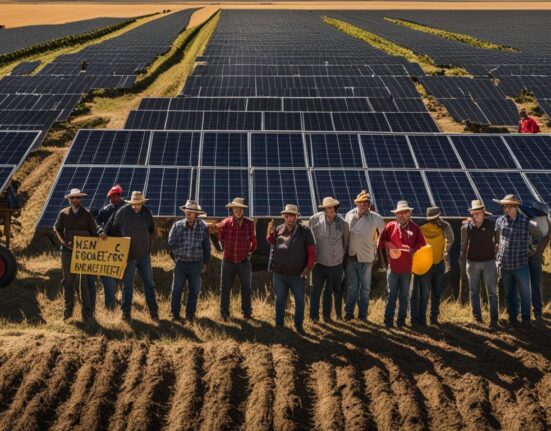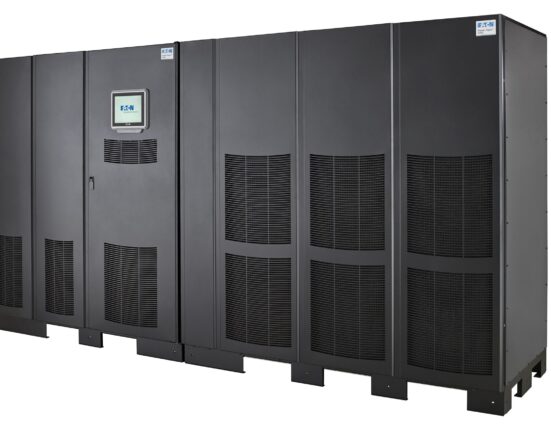Renewable energy is taking center stage in Nigeria as the country embarks on a groundbreaking project to harness solar power for green hydrogen production. In a significant development, Nigeria’s Federal Ministry of Innovation, Science, and Technology, along with Alternative Petroleum & Power Limited (APPL), has joined forces with LONGi Solar France SARL to establish a Solar Modular Master Supply Agreement. This partnership aims to provide 2,600MW worth of solar modules that will drive the innovative Green Hydrogen Hub Project located within the Liberty Oil & Gas Free Trade Zone in Akwa Ibom State.
“This state-of-the-art facility aims to anchor Nigeria’s entry into the global green hydrogen value chain, leveraging the country’s vast solar resources and positioning it as a regional hub for clean energy production,”
declared the Ministry. This ambitious project marks a significant stride towards sustainable energy practices and underscores Nigeria’s commitment to transitioning into a cleaner and greener future.
The strategic deployment of solar modules not only highlights Nigeria’s abundant solar potential but also signifies a paradigm shift towards embracing renewable sources of energy. Dr. Mustapha Abdullahi, Director General & Chief Executive Officer of the Energy Commission of Nigeria (ECN), emphasized the transformative impact of integrating cutting-edge technology with Africa’s natural resources.
“Deploying LONGi’s high-efficiency modules in Nigeria’s hot, humid climate means more energy yield per square meter and faster return on investment.”
As the Green Hydrogen Hub gears up for operation, it is poised to revolutionize green hydrogen production at an industrial scale. This development holds immense promise for various sectors including exports, local manufacturing, and clean mobility – particularly in maritime and heavy transport industries. The Ministry anticipates that this initiative could create over 20,000 direct employment opportunities across engineering, logistics, research & development (R&D), manufacturing, and maintenance sectors throughout Nigeria.
“This project is the dawn of a new industrial revolution in Nigeria – one powered not by oil but by innovation, sunlight, and green molecules,”
stated Engineer Idare Ekpo, Chief Visionary Officer of APPL. The shift towards sustainable energy practices reflects a broader global trend towards reducing carbon footprints and mitigating climate change impacts.
Beyond its implications for green hydrogen production and clean energy initiatives, the Free Trade Zone’s strategy extends to enhancing Nigeria’s blue economy through innovative maritime logistics solutions. The integration with offshore oil transitions and the production of 500 metric tonnes per day of Green Medical Oxygen underscores the multifaceted approach towards sustainable development adopted by Nigerian authorities.
The collaboration between governmental bodies like Fmist alongside private entities such as APPL showcases how public-private partnerships can drive forward-looking projects that merge technological prowess with environmental consciousness. The scale and scope of this endeavor illustrate how countries can leverage their unique assets – like abundant sunlight in Nigeria’s case – to spearhead sustainability efforts while fostering economic growth simultaneously.
In conclusion, as Africa strives towards achieving its renewable energy targets underpinned by initiatives like the Green Hydrogen Hub Project in Nigeria propelled by state-of-the-art solar technologies courtesy of LONGi Solar France SARL – it sets a precedent for other nations looking to navigate towards eco-friendly solutions amidst ever-evolving global challenges around climate change mitigation.









Leave feedback about this